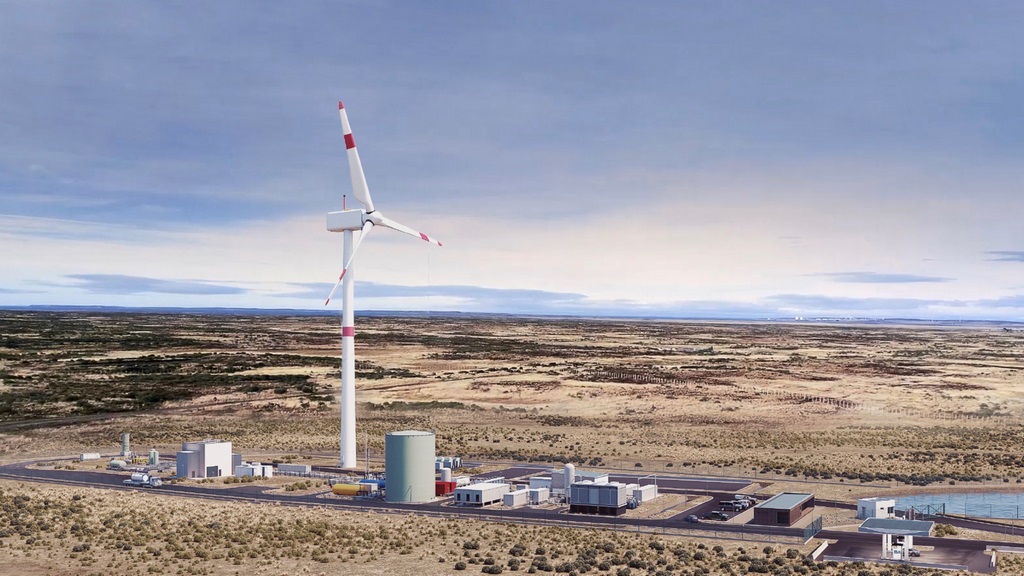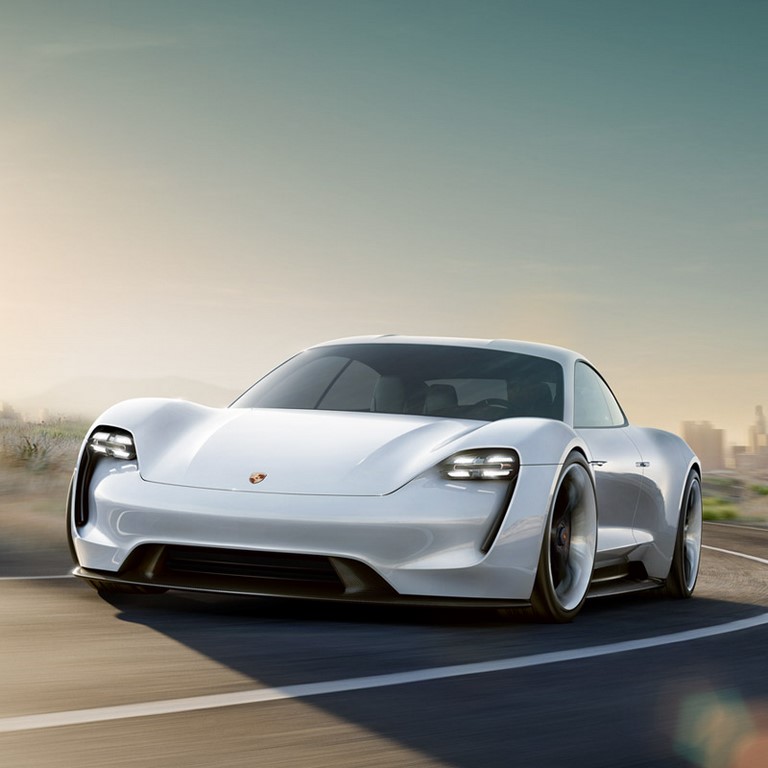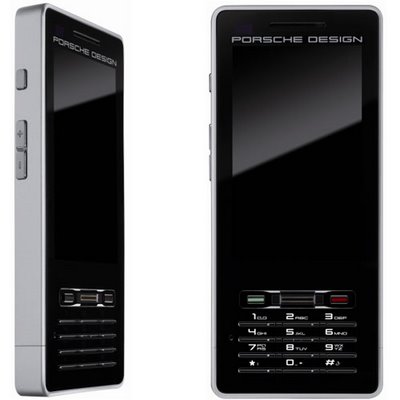
The efuel factory commissioned by Porsche and other firms will commence production in mid-2022
Porsche, Siemens Energy and a number of international companies have joined forces to build an industrial plant for the production of carbon-neutral fuel or efuel.
The ground-breaking ceremony for the plant which will be situated north of Punta Arenas in Chilean Patagonia took place recently. It is scheduled to start production in mid-2022.
Named the Haru Oni project, it will take advantage of the climatic conditions for wind energy in Magallanes province in southern Chile.
But, more importantly, it is part of Chile’s National Green Hydrogen Strategy which aims to produce the world’s cheapest hydrogen and develop the country into a leading exporter of ‘green’ hydrogen and its derivatives.
Chilean authorities plan to instal an electrolyser (which split water into oxygen and hydrogen) capacity of 5 gigawatts (GW) by 2025 in the country, which will be expanded to 25 GW by 2030.
In order to produce efuel, the hydrogen produced by the electrolysers will be combined with CO2 filtered from the atmosphere to produce synthetic methanol, which will then be converted into efuel.

By 2022, the Porsche efuel factory is expected to produce around 1.30 lakh litres of fuel. Once the figure is achieved, the capacity will be expanded in 2 stages to around 55 million litres by 2024 and around 550 million litres by 2026.
According to Michael Steiner, Member of the Executive Board for Research and Development at Porsche AG, the project fits in with the company’s overall sustainability strategy.
The Haru Oni project will enable Porsche to be net CO2 neutral by 2030, said Steiner, adding that “eFuels will make it possible to reduce fossil CO2 emissions in combustion engines by up to 90 percent.”
Porsche says efuel will suit its cars, particularly its iconic 911 and aims to make use of the efuel produced in Chile for its Supercup racing cars from next year in a bid to demonstrate the carbon-neutral attribute of the synthetic petrol.
Interestingly, while work on the Porsche efuel factory has only begun, Siemens Energy has already started preparatory work for the next major commercial phase of the project.




